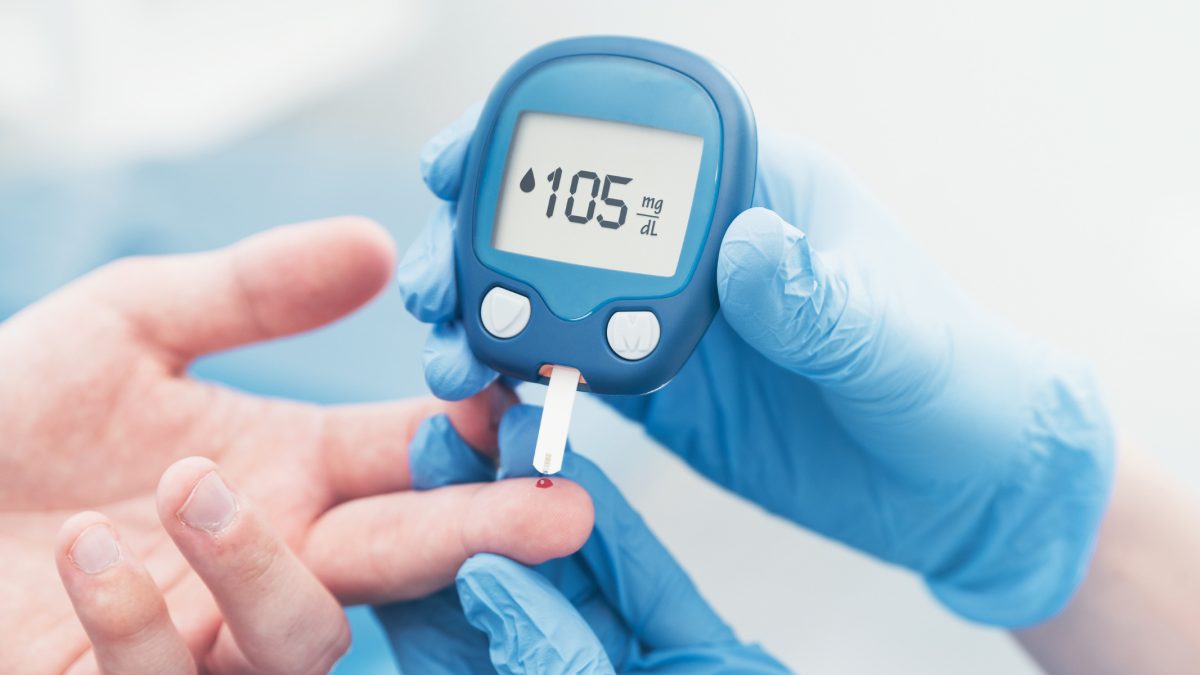Last updated on January 22nd, 2024 at 08:40 am
Countless adults throughout the United Kingdom are held captive by a condition known as obstructive sleep apnoea (OSA). Characterised by a narrowing of the airways while at rest, individuals will often awake in the middle of the night due to a lack of sufficient oxygen entering into their system. Other common symptoms include snoring and waking up gasping for air, two scenarios which are often noted by a partner.
Of course, one of the first steps towards finding a remedy for sleep apnoea will involve the use of an at-home sleep
test so that the condition itself can thereafter be diagnosed by a trained specialist.
A CPAP machine is thereafter prescribed so that you can obtain a sound night of sleep while
simultaneously avoid concurrent health issues that might also be present.
What Health Issues Could be Caused or Exacerbated by Sleep Apnoea?
Obstructive sleep apnoea can lead to serious medical complications which could become chronic in nature. A handful of examples include:
- Obesity
- Heart problems
- High blood pressure
- Anxiety, irritability and even depression
- Atherosclerosis (hardening of the arteries)
However, you might also be surprised to learn that many studies have found a tentative link between obstructive sleep apnoea and diabetes.
What is the relationship between these two conditions? What risks does such a situation pose to your health? Are there any lifestyle changes which could help to lessen the chances of developing diabetes if you have already been diagnosed with obstructive sleep apnoea? All of these questions warrant an examination in greater detail.
A Look at the Causes of Diabetes
Let’s take a quick look at some of the main causes of diabetes before moving on to discuss its relationship with obstructive sleep apnoea. While it is thought that there are several genetic components which come into play, it is also a well-known fact that type 2 diabetes (sometimes referred to as adult-onset diabetes) has a number of factors including:
- Leading a sedentary lifestyle
- Obesity
- A resistance to insulin
- Problems with the pancreas (the organ that produces insulin).
As the name suggests, adult-onset diabetes can sometimes develop later in life due to poor dietary habits, a lack of activity or in some cases, the presence of sleep apnoea. Let’s examine this relationship with OSA.
What is the Relationship with Obstructive Sleep Apnoea?
We all require a specific amount of sleep each night in order to properly function throughout the day. While this is quite obvious, you might not have been aware that many regulatory hormones are released during the overnight hours.
Some specific hormones play a role in glucose metabolism. If these hormones are not produced properly during specific stages of sleep (such as the REM cycles), the body will have more of a problem metabolising glucose while awake. Without becoming overly scientific in regards to the roles that hormones play, the main takeaway point is that sleep is absolutely vital if we hope to maintain our health.
The other critical point to highlight is that many individuals who suffer from obstructive sleep apnoea are already overweight. Assuming that more fat is present around the neck and shoulder girdle, it can be difficult to maintain an open airway throughout the night due to the simple effects of gravity.
This is one of the reasons why a study has found that a staggering 82 per cent of those with type 2 diabetes are suspected to suffer from obstructive sleep apnoea (1). While obesity is not a mandatory prerequisite for developing OSA; there is certainly a well-defined link.
Daily Effects that Might be More Difficult to Spot
Obtaining an adequate amount of rest during the overnight hours is very difficult if you suffer from sleep apnoea. This can result in feelings of fatigue, anxiety and general irritability throughout the day. While these symptoms are indeed unpleasant, they can also have some surprising effects upon the body which could lead to type 2 diabetes.
Consuming excessive amounts of sugar is one of the most common ways to obtain short bursts of energy. These are often necessary when performing tasks such as driving, communicating with clients and simply keeping up with your responsibilities. Those who lack sleep will require even more sugar in
order to feel these “highs” (which are then accompanied by so-called sugar crashes).
Scientists have not yet found a definitive link between sugar intake and adult-onset diabetes. However, it is known that consuming substantial amounts can impact the liver; the liver does not regulate the absorption of a specific type of sugar known as fructose. This can lead to the buildup of fatty acids within the liver and an overall decreased sensitivity to insulin (2). To put it simply, those who consume sugar as a means to counteract a lack of sleep are placing both their liver and pancreas in jeopardy.
A final link between these two conditions results from physical inactivity. We are much less likely to take a jog in the evening or to stop off at the gym if we have obtained only a broken amount of sleep during the previous evening. Assuming that we have not yet embraced a healthy diet, it is quite easy to gain weight.
Once again, this can further heighten the symptoms of obstructive sleep apnoea and the chances of developing diabetes will likewise increase. This is why it is critical to make the appropriate lifestyle changes so that such dire consequences can be minimised and even averted altogether. What are your options and how can you lose weight?
Proactive Changes to Promote Weight Loss: What Can You Do?
Losing weight can often represent a rather challenging task, particularly if genetics are not on your side or you find it difficult to change existing dietary habits. This is why it is important to realise that any progress should be viewed from a long-term perspective as opposed to obsessing over daily weight fluctuations. Having said this, there are still a handful of proven methods that will offer up substantial results.
Exercise is arguably the most important variable to address. There are several reasons behind this observation. Not only does physical activity help to burn fat, but it can speed up your metabolism over time. This will make it easier to shed those pesky kilograms. Furthermore, prolonged cardiovascular activity will help to strengthen your heart muscles as well as to increase your lung capacity. Thus, it will become much easier to breathe during the overnight hours.
It is just as important to address your dietary habits. Try to eliminate (or at least substantially reduce) your intake of saturated fats and excessive carbohydrates. These are the primary sources of weight gain. As you might have already suspected, adopting a low-sugar diet is pivotal; especially if you are at risk of developing diabetes.
Substitute your favourite treats with healthy servings of fruits and vegetables. Eat smaller portions throughout the day as opposed to massive meals on a sporadic basis. Finally, drink plenty of water. Water will help to cleanse your body of toxins and it can also make you feel fuller. This is always a concern if you are looking to beat those mid-afternoon cravings.
Losing weight will take a significant amount of commitment and the results are likely to begin emerging over time. However, always remember that the desire to avoid diabetes should represent an excellent motivational factor. If possible, ask friends or family members to take part in your dietary plan. This is an excellent way to obtain moral support if you happen to feel “down” or lethargic from time to time.
The Importance of Using a CPAP Machine
We again stress the importance of using a CPAP machine while sleeping if you have Obstructive Sleep Apnoea.
This device will help to keep your airways open, so your body will no longer be starved of oxygen. Not only will you be able to procure the sleep that you need, but issues such as snoring or suddenly awaking should be dramatically reduced (if not eliminated altogether).
Keep in mind that it may take a bit of time to become accustomed to the presence of a CPAP machine. However, this adjustment period is well worth the future results.
Have you recently been diagnosed with obstructive sleep apnoea? Are you currently overweight or have you become worried about diabetes? If so, all of the suggestions above should be taken quite seriously. It is still wise to speak with your primary care physician as well as a qualified sleep specialist. These individuals will provide even more guidance and advice when they are needed the most.
Sources:
To order the At-Home Sleep Test click here
To shop for the highest-quality selection of CPAP devices click here


